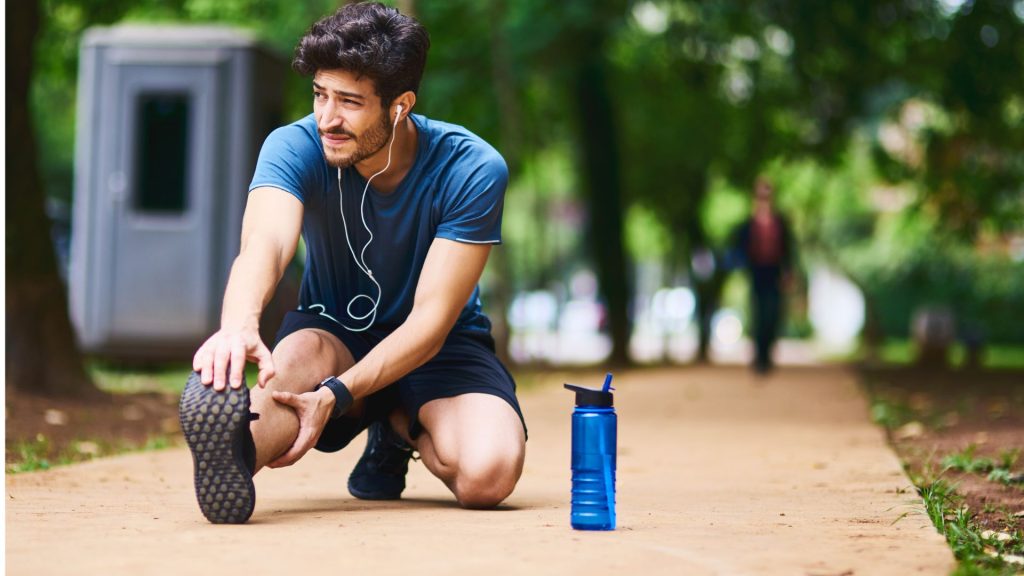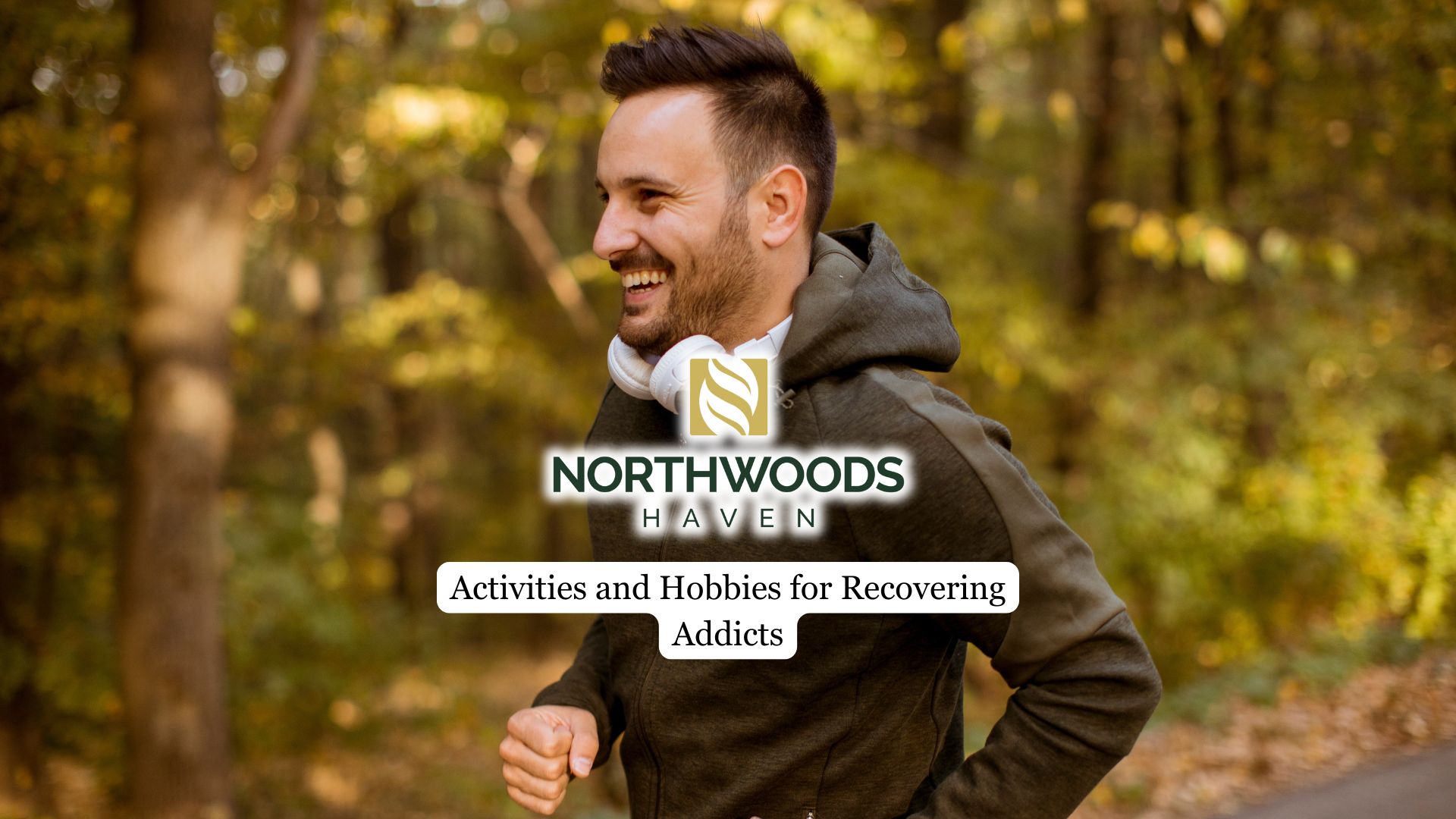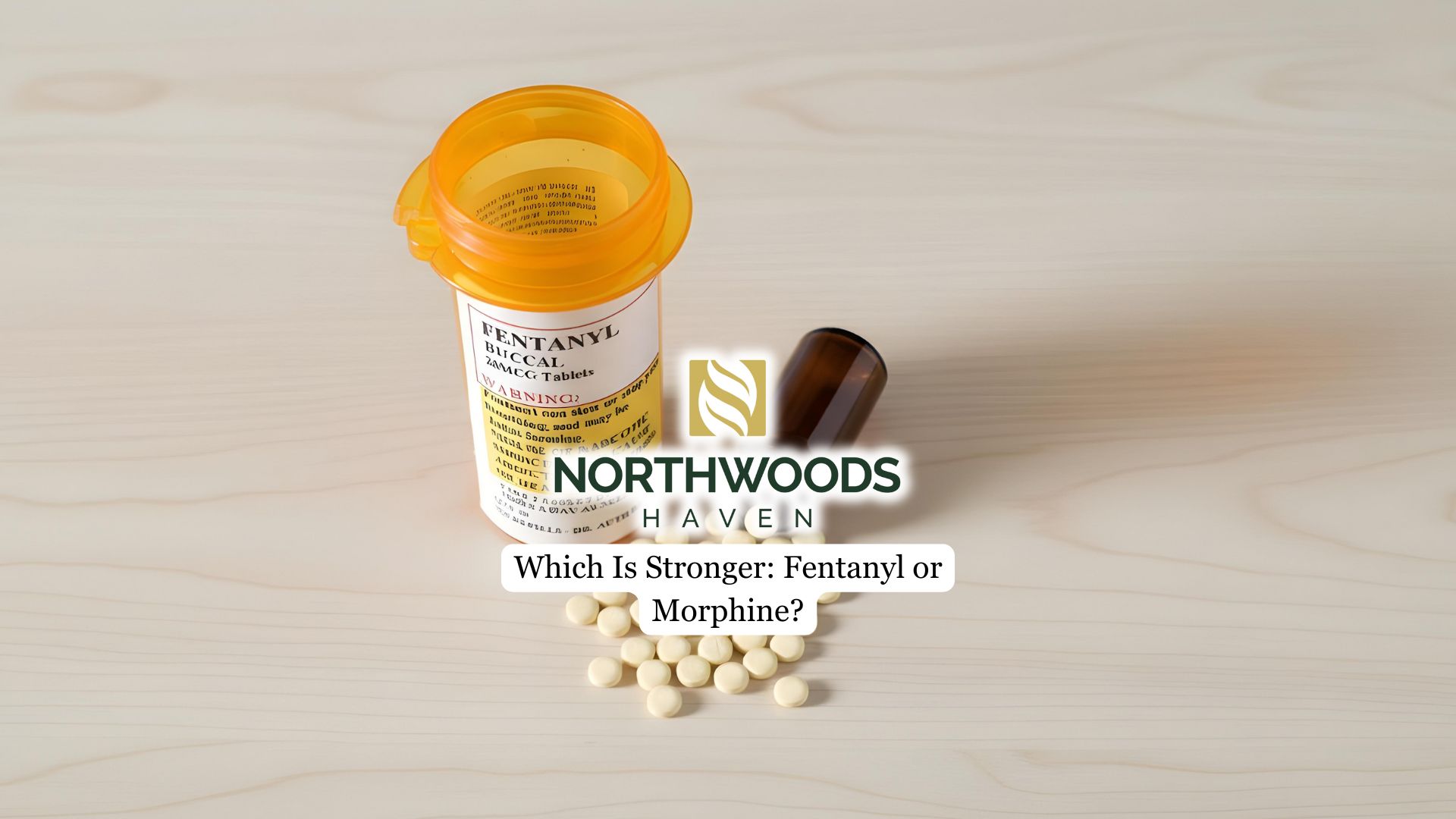Engaging in activities and hobbies can play a significant role in the recovery process for individuals overcoming addiction. Incorporating meaningful hobbies into one’s life can be seen as a productive way to invest time, while also supporting overall well-being and the recovery process. They serve as constructive outlets for managing stress and expressing emotions, enabling individuals to process their feelings in a healthy manner.
This article showcases ten hobbies that have demonstrated effectiveness in supporting recovery by fostering personal growth, social connections, and a renewed sense of purpose.
The Role of Activities and Hobbies in Recovery
Engaging in healthy activities and hobbies is an important aspect of the recovery process for individuals overcoming addiction. These activities help to establish structure and routine, which may have been disrupted during the period of active addiction.
Participating in enjoyable activities can facilitate social connections, providing opportunities for support from peers who may have similar experiences. This aspect of social interaction can be beneficial, as it encourages positive influences and reduces feelings of isolation that may accompany recovery.
Moreover, as individuals pursue new skills and interests, they often experience increased self-esteem and a sense of accomplishment. Building feelings of self-worth and purpose contributes to the maintenance of long-term sobriety.
If you or someone you love is going through recovery, Northwoods Haven Recovery’s IOP addiction treatment can provide the structure, support, and tools needed for a productive recovery journey.
The Top Ten Recreational Activities for Recovery
The following ten activities and hobbies are commonly engaged in by individuals in recovery from addiction.
- Exercise and Fitness: Regular physical activity is associated with a decrease in cravings and an improvement in overall mood. Exercise can promote the release of endorphins, which are beneficial for mental health.
- Art and Creative Expression: Engaging in artistic activities can offer individuals an emotional outlet, allowing for both mindfulness and self-expression. This can aid in processing feelings related to recovery.
- Music: Music has been shown to provide stress relief and can foster a sense of community among individuals in recovery. Participating in music-related activities may help individuals connect with others and support their emotional needs.
- Writing and Journaling: Writing can serve as a form of self-reflection, helping individuals track their progress and articulate their thoughts and feelings. This practice can facilitate insights necessary for personal growth.
- Gardening: Gardening may provide individuals with a meaningful connection to nature and can instill a sense of achievement through nurturing plants. The process can also promote relaxation and reduce stress.
- Cooking and Baking: Engaging in culinary activities can foster creativity and serve as a form of self-care. Preparing meals can also contribute to healthy eating habits, which are important for overall well-being.
- Volunteering and Community Service: Participation in volunteer activities can give individuals a sense of purpose and help build self-worth. Engaging in service-oriented projects allows for connection with others and can enhance social networks.
- Mindfulness and Meditation: Mindfulness practices and meditation promote a sense of inner peace and can help manage stress and anxiety. Developing a regular practice can be beneficial in maintaining focus during recovery.
- Reading and Book Clubs: Reading can stimulate cognitive engagement and provide opportunities for social interaction through group discussions. This activity may enhance both knowledge and social connections.
- Travel and Outdoor Activities: Exploring new places and engaging in outdoor pursuits can foster a sense of adventure. Such activities provide opportunities for personal growth and new experiences that support recovery.

How to Choose the Right Activity
Choosing the right recovery activity involves assessing your interests, strengths, and comfort levels to find hobbies that both engage you and match your skills. Activities that offer a balanced challenge can promote growth without causing stress.
It’s important to select activities aligned with your recovery goals, whether it’s about reducing stress, building a personal network, or expressing yourself, to maximize their benefit. Staying open to trying new activities can uncover hidden interests, and starting with manageable goals helps build consistency.
Finding the best fit may take a little experimentation, but this process of self-discovery is valuable for identifying fulfilling and supportive activities that positively contribute to your recovery journey.
Tips for Staying Engaged
After selecting recovery activities that fit your needs, it’s essential to use strategies that keep you engaged. Set realistic goals and celebrate your progress. Involving friends, family, or support groups can provide accountability and strengthen social connections.
These activities help manage stress and lower relapse risk, especially during challenging moments or triggers. Patience is key, as finding the right activities may take time and experimentation. Building consistency by starting small and gradually increasing involvement supports lasting engagement.
With commitment and openness, you can discover meaningful activities that promote long-term sobriety and improve your overall quality of life.
Final Thoughts from Northwood Haven Recovery
Participating in various activities and hobbies can significantly contribute to maintaining a positive lifestyle during recovery, facilitating stress management, self-esteem building, and social connection. Individuals in recovery should explore multiple options to identify which activities best align with their interests and values.
Our Northwoods Haven relapse prevention and residential programs offer compassionate, evidence-based treatment designed to support you through every stage of your addiction journey. Whether you’re seeking stability, structure, or peace of mind, our personalized care helps you build a strong foundation for sobriety and long-term wellness.



